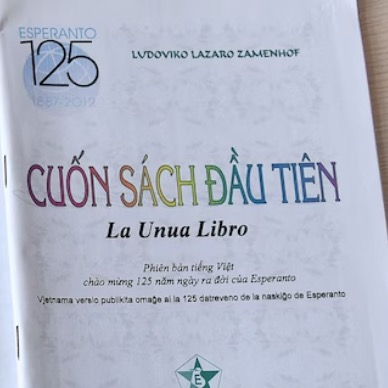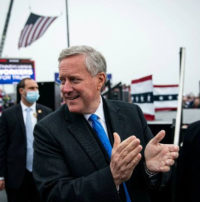Good morning: More and more of the world’s iconic experiences have been overrun by crowds. In Barcelona there have been anti-tourist demonstrations. Venice has imposed a tourist tax. Florence’s Uffizi has been one of those experiences degraded by crowds. But the museum’s new director thinks he has a solution… Here are today’s highlights:
- University of the Arts in Philadelphia Files for Liquidation The nearly 150-year-old University of the Arts in Philadelphia has filed for Chapter 7 bankruptcy following its sudden closure this summer. The school will liquidate its real estate holdings, valued at $87 million, to meet $46 million in bond debt. This marks a significant blow to the arts education landscape in the city. Read more in Artnet.
- Hollywood Animation Workers Say Their Jobs Are Under Threat Amid Hollywood’s production contraction and the growing use of AI, animators and writers are struggling to find steady work. AI’s encroachment on creative jobs raises concerns about the future of traditional animation roles. Read more in Deadline.
- Deculturation: The Cultural Loss Facing Migrant Communities As migrant communities around the world face pressure to assimilate, they risk losing their cultural identity. This deculturation process threatens to erase generations of traditions and languages, with the arts playing a crucial role in preserving these endangered cultural practices. Read more in The Guardian.
- Guggenheim Museum Workers Stage Protest Over Job Cuts Guggenheim Museum staff staged a protest against planned job cuts, which the institution attributes to financial struggles caused by the pandemic. The staff argue that these cuts disproportionately affect lower-paid workers and call for better financial management from leadership. Read more in The Art Newspaper.
- New York Public Library’s Controversial Decision to Remove Dr. Seuss Books The New York Public Library’s decision to remove certain Dr. Seuss books from circulation due to racially insensitive content has sparked public debate about censorship, free speech, and the future of children’s literature in public institutions. Read more in The New York Times.
As usual, scroll down to see all the stories we collected today.
Doug





